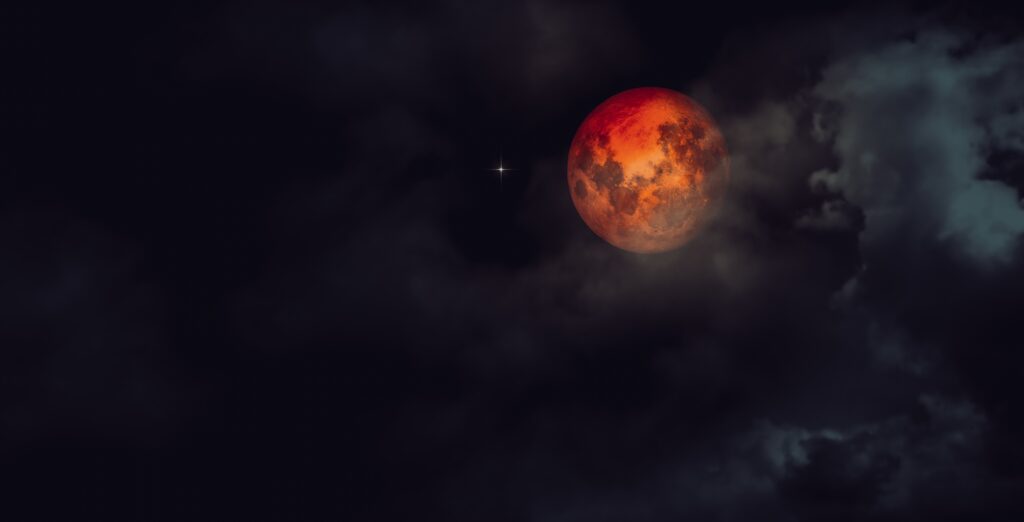This Sunday night, Europe will witness a striking celestial event: a total lunar eclipse, often called a “blood moon.” For 82 minutes, the Earth will block sunlight from reaching the moon, leaving only red-filtered light to give it its dramatic hue.
Throughout history, blood moons have carried deep symbolism. In ancient Babylon, China, and Central America, they were feared as omens of war, disaster, or the fall of rulers. In parts of West Africa, such as among the Batammaliba in Togo and Benin, they are instead seen as a chance for renewal, with communities reconciling disputes to “restore balance” between sun and moon.
Today, astronomy explains the phenomenon with precision: the eclipse occurs simply because the Earth passes directly between the sun and moon. Astronomer Florian Freistetter calls it “an aesthetically impressive natural event,” nothing more.
Astrology, however, interprets the blood moon differently. Astrologers view it as a symbolic full moon that highlights endings and turning points, urging reflection and transformation. Silke Schäfer, a prominent astrologer, argues that astrology offers a structured system of meaning rather than causal science, complementing astronomy rather than contradicting it.
While scientists dismiss any link to catastrophe, the blood moon continues to inspire awe, imagination, and debate. Whether seen as omen, metaphor, or spectacle, Sunday’s eclipse promises a rare night sky display across much of Europe.


